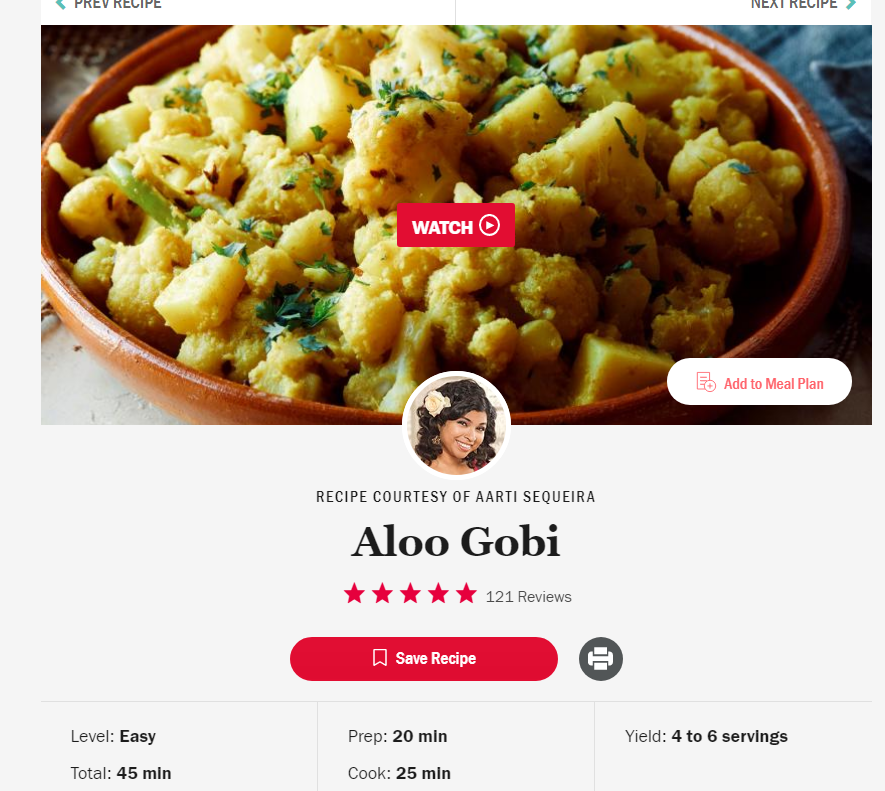In my recent stint of ethnic cooking and looking at recipes I have noticed a theme about times and how they are portrayed. They always seem to be way too short.

For a long time, I have subscribed to and enjoyed the podcast ‘Harvest Eating‘. Way early on, probably within the first 20 episodes, Keith talks a little about the process of testing recipes. This was in the context of producing the cookbook and how recipes had to be tested multiple times to validate everything was correct. He never went in depth about the process and I always wondered what the process was about.
My technique for making something new includes trying to find three or four recipes and look for the similarities. If most ingredients and proportions seem to agree, then I generally consider the premise reliable. Sometimes I am looking to add the outlier ingredients and sometimes I am looking to skip them, it depends on what I am trying to use up or not have something that has very little future use.
I suppose that it goes back to simple/easy conversation a few weeks ago. For the most part, recipes are a collection of steps that build on each other. Those steps can be both simple and easy or one or the other but rarely neither. One of my problems is that often I am looking at a blog on my phone and ultimately goes blank and then I have to scroll through all of the pictures to get back down to the recipe.
But also, I question the twenty minutes of prep that seems to be ubiquitous. Rarely do I see something that is less or more than that. Last week, I made a vegan Bahn Mi that contained tofu, yam. taro root and egg plant. That recipe’s prep time was also 20 minutes and I don’t think I had everything on the counter and peeled in that time. Additionally, cook time was twenty minutes which included frying all of those roots, then braising them with the softer and more fragrant items like eggplant and lemon grass. Needless to say, it took more like an hour and a half to get everything done.
It seems like when chef’s test recipes, it may be coming from someone that has done it a dozen times or more. In addition to that, they likely have a vast experience base of culinary skills and tools. It also might be that they don’t care how many dishes are used to make the dish (I try to minimize the number of bowls, utensils and tools that have to be washed at the end, I think that might slow me down some too). This was my first time using taro root, I wasn’t quite sure how to approach it.
We are having Indian tomorrow, and the Aloo Gabi is on the menu because it is vegan (so my son will eat it) and sounds good. I will give it a test and see. I have to peel potatoes and break down cauliflower as well as get all the spices gathered up. I can be kind of a risk taker when it comes to food and cooking Indian never having done it is one of those things. I will start right after work and we will see if I get it done in time for dinner.
One more quick tip I use is you can reduce cooking time by getting everything out of the refrigerator and allowing it to come up to room temperature (while prepping). It also tends to cook better and more consistently. There is nothing worse than trying to cook something that is almost ice cold with a stir fry technique.
End Your Programming Routine: For making something new, exotic or unknown, I would plan on at least doubling the total time of a stated recipe. Using the concept of Mise en Place you can always delay cooking until everything is staged, but you cant get time back if you start too late.
Recent Comments